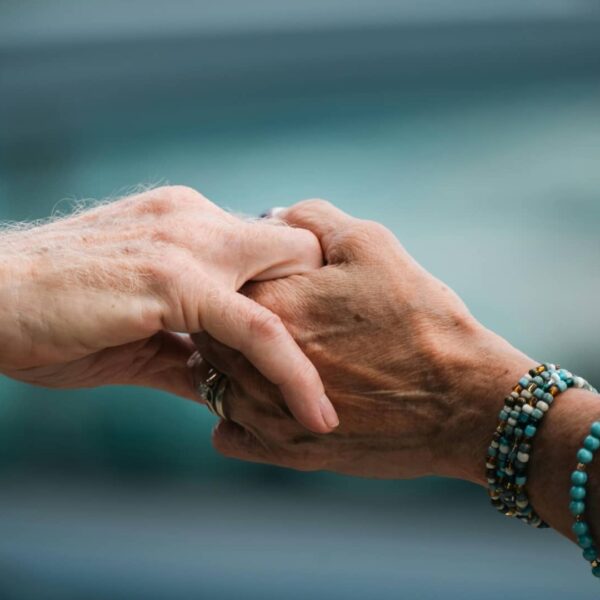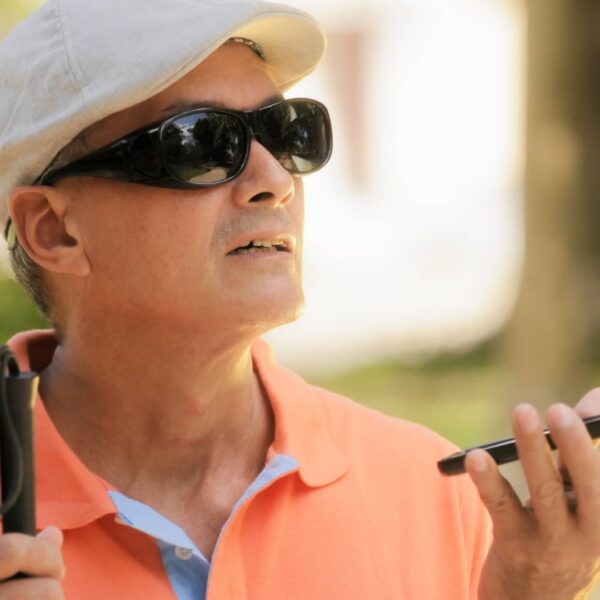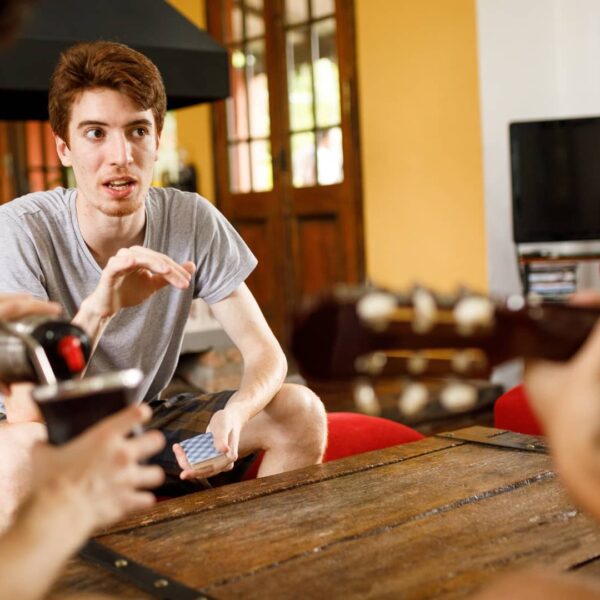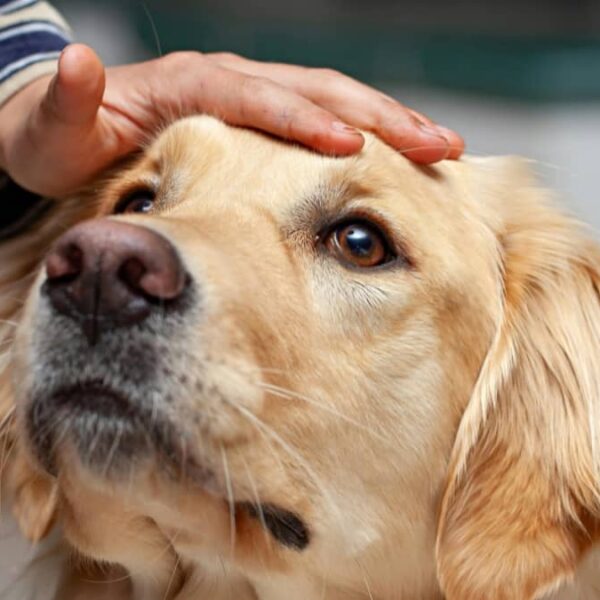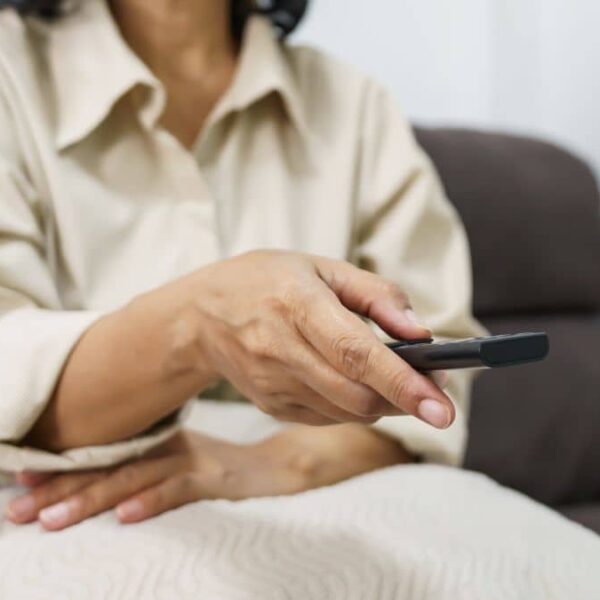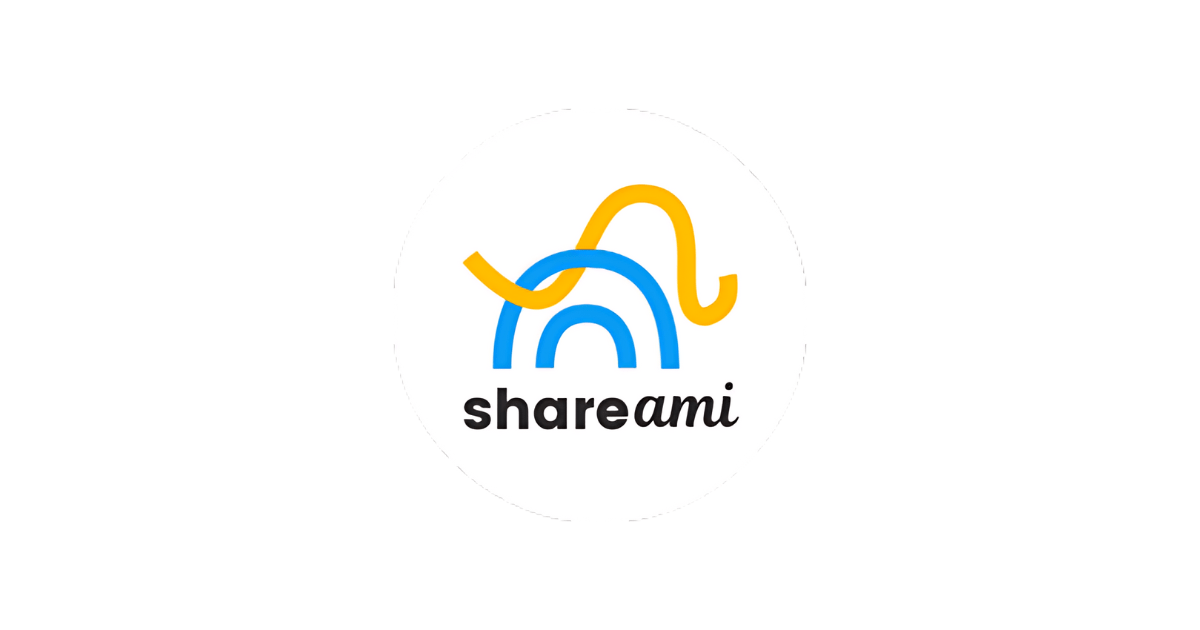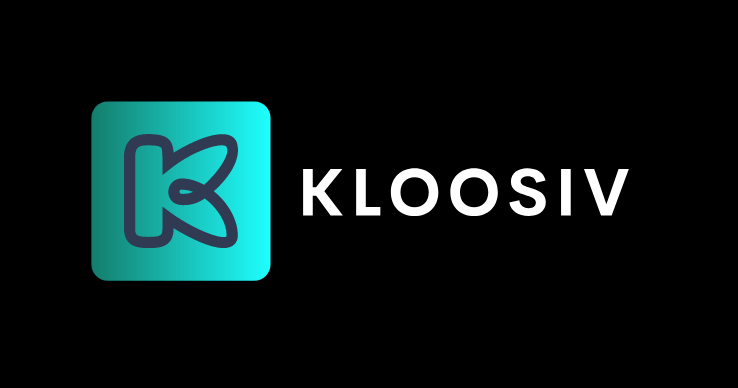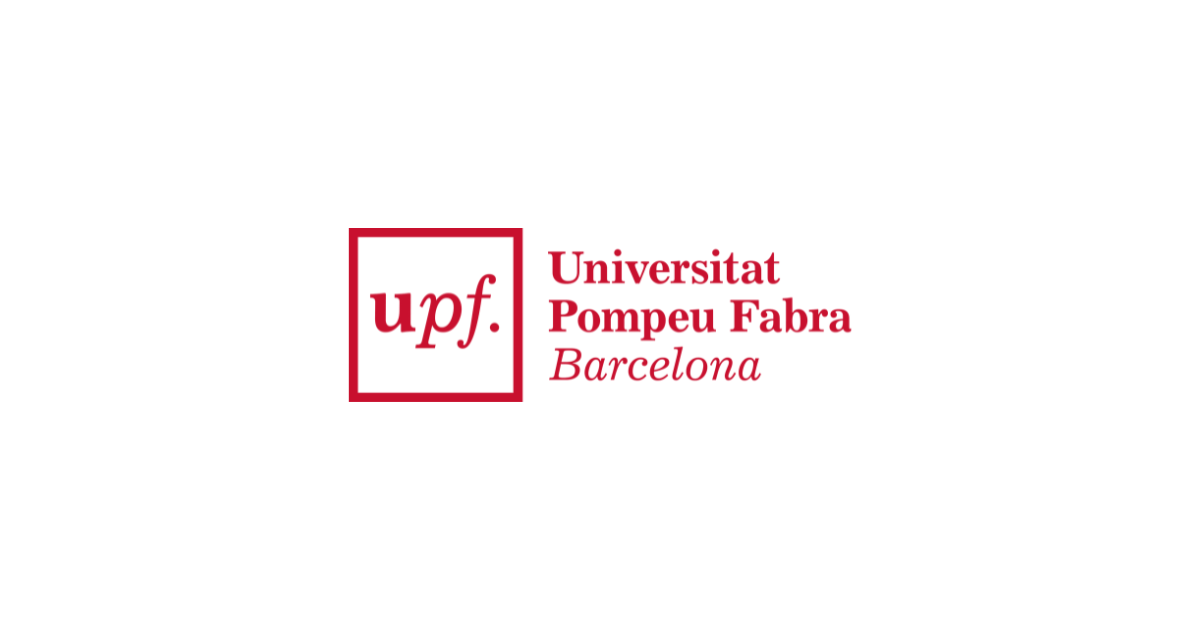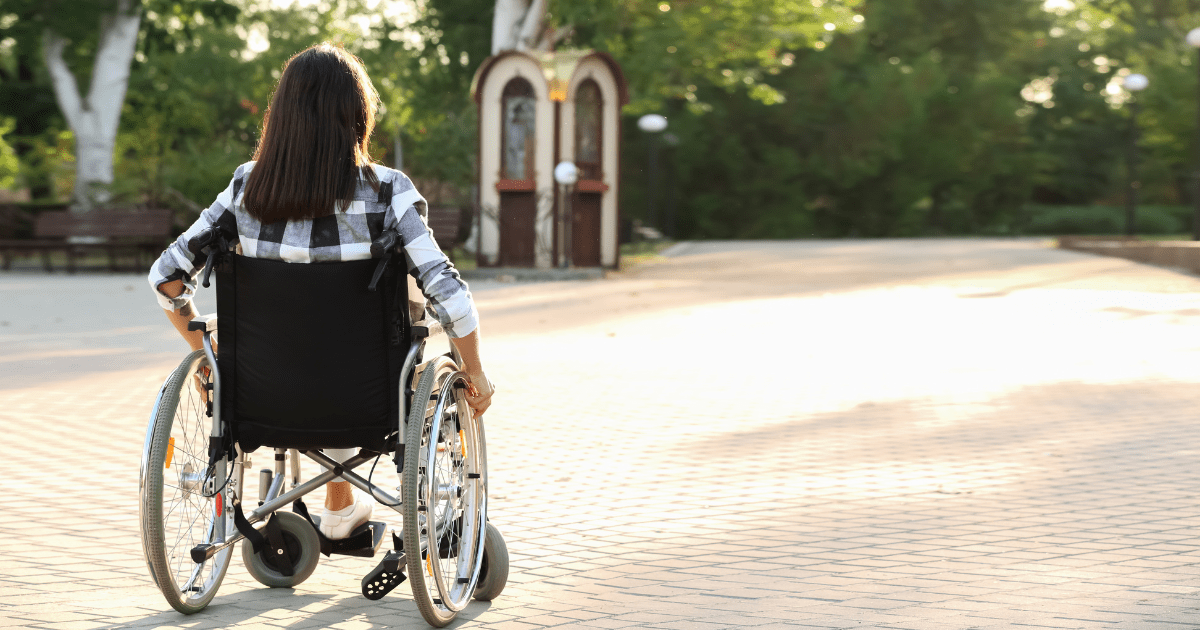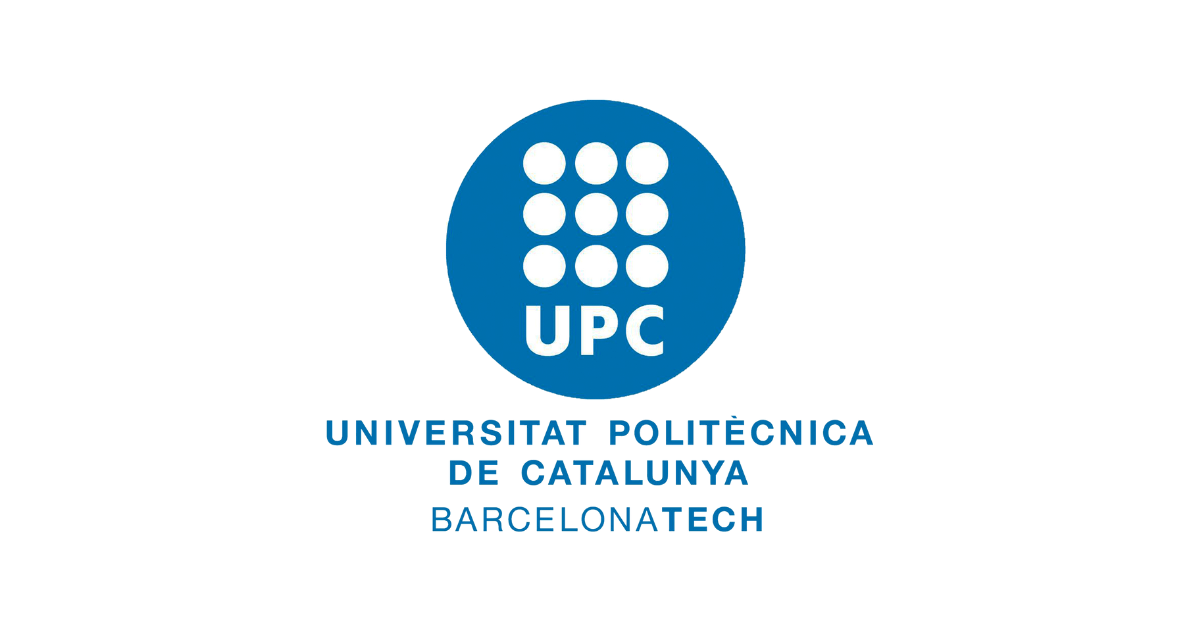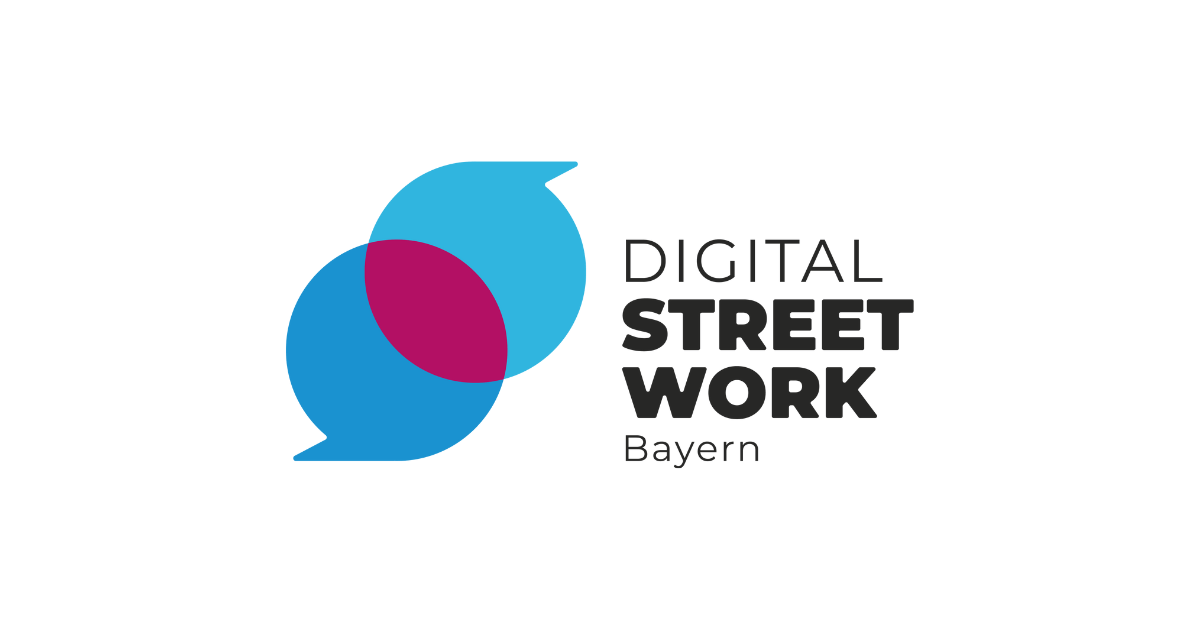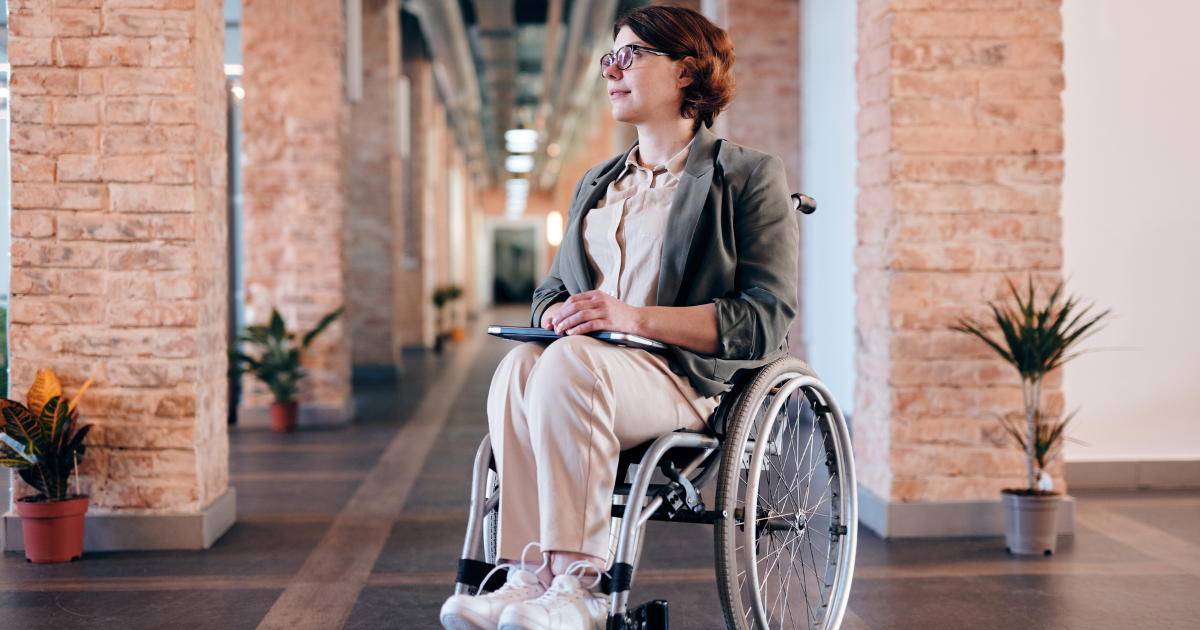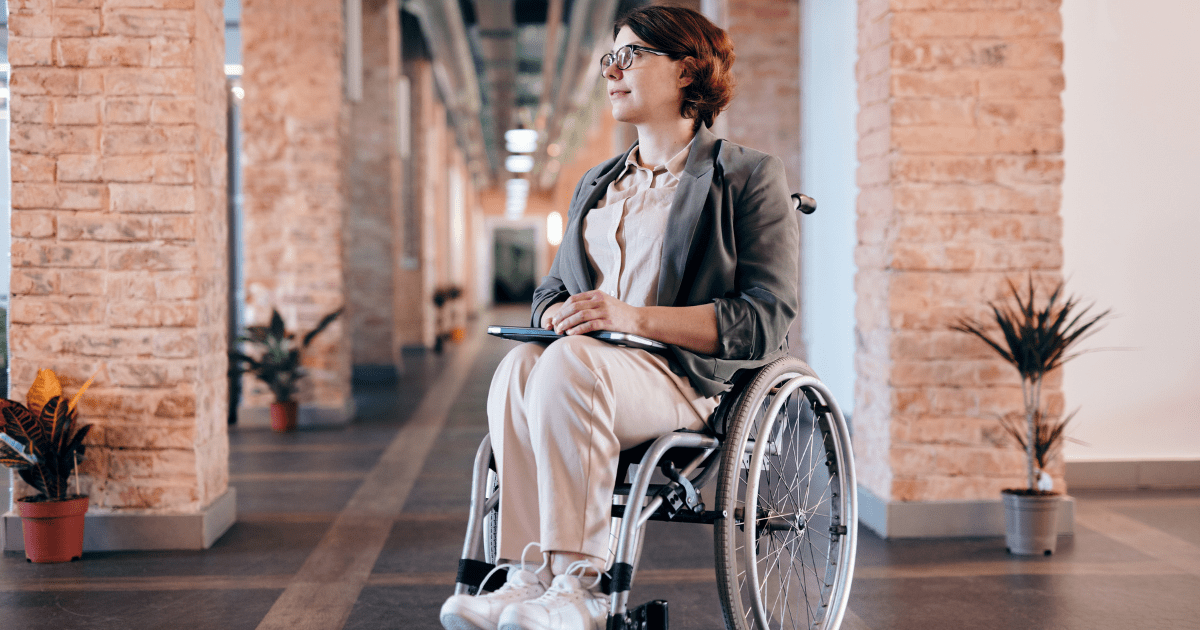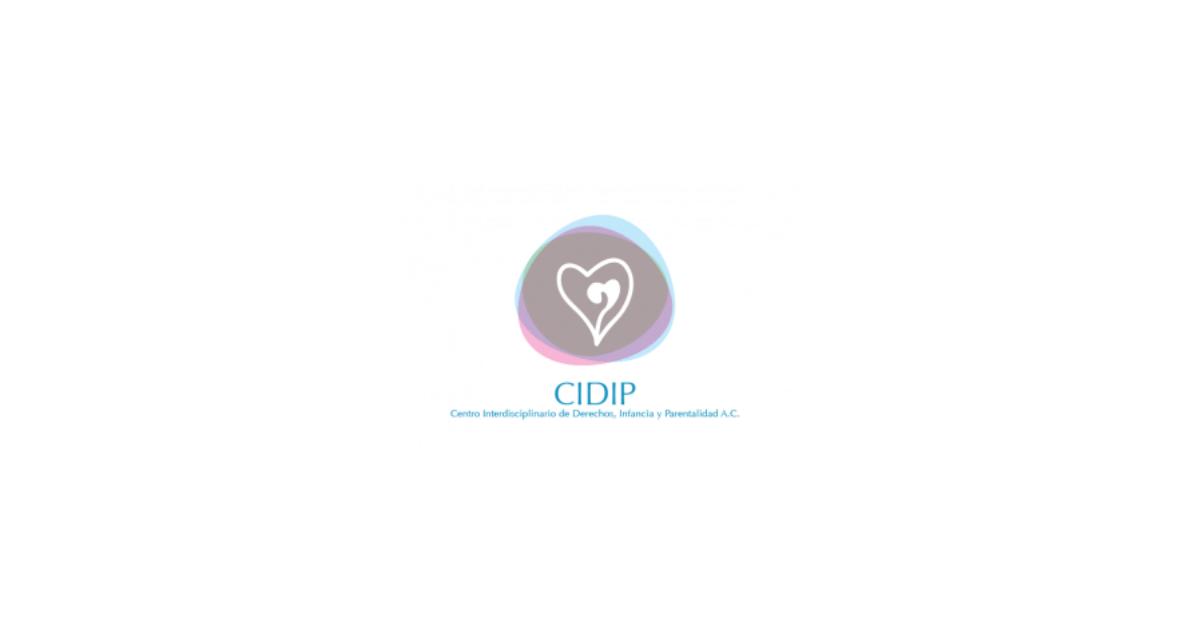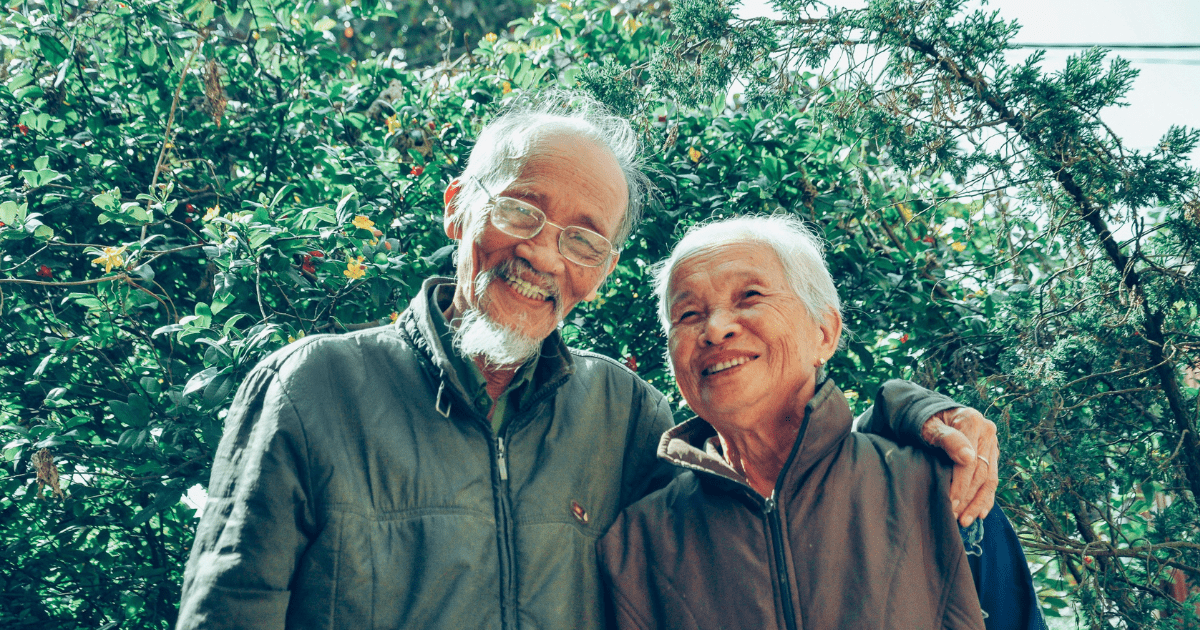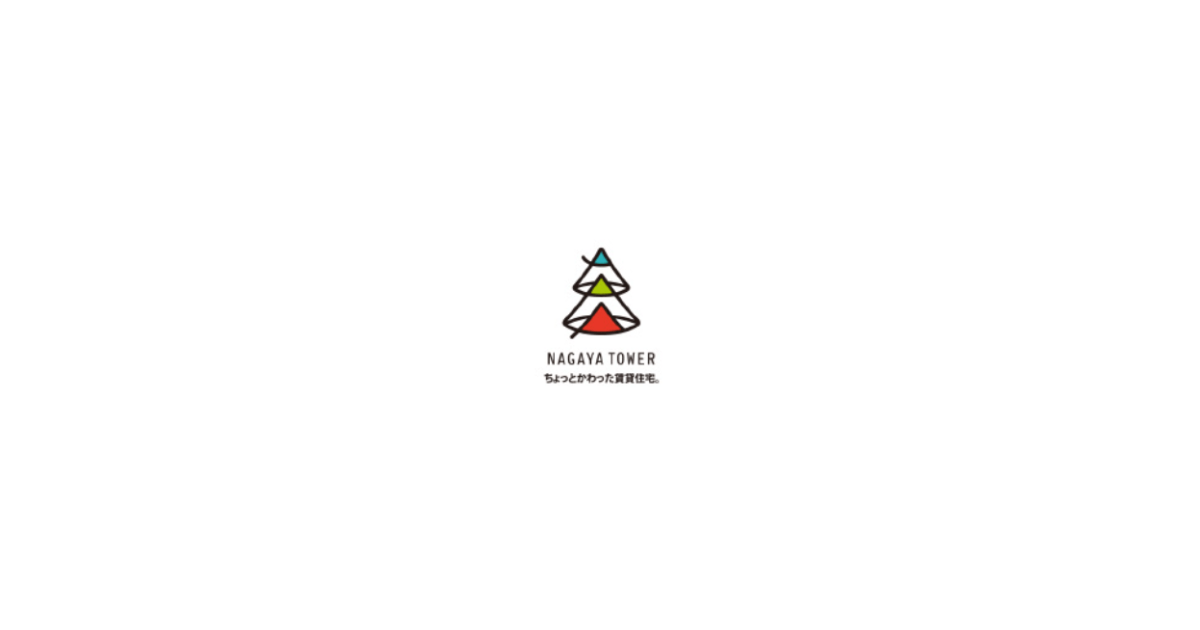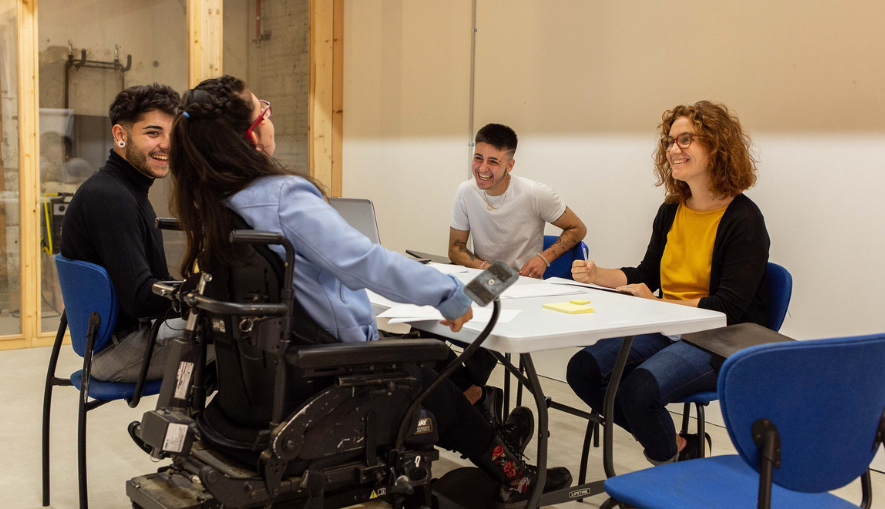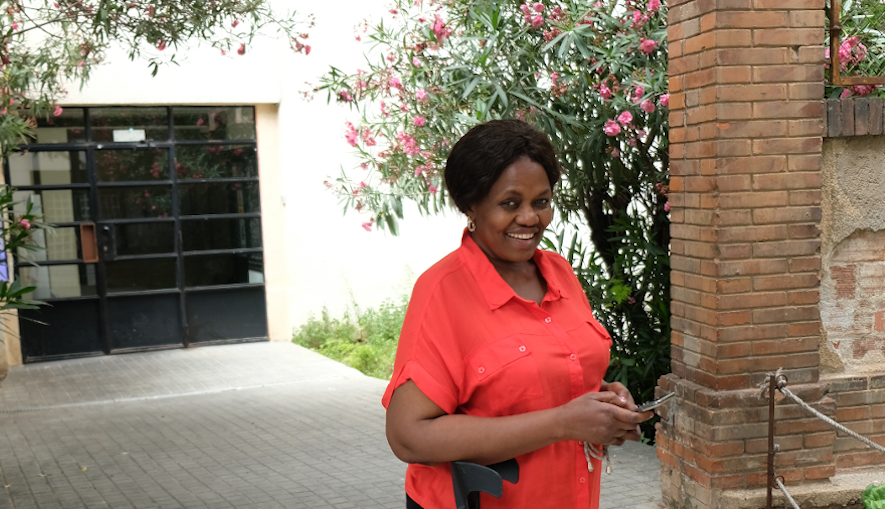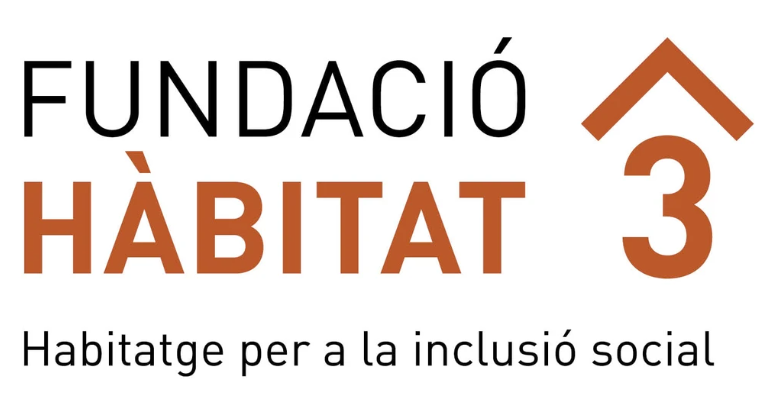V-TOOLS, Virtual Reality Applied to Social Innovation
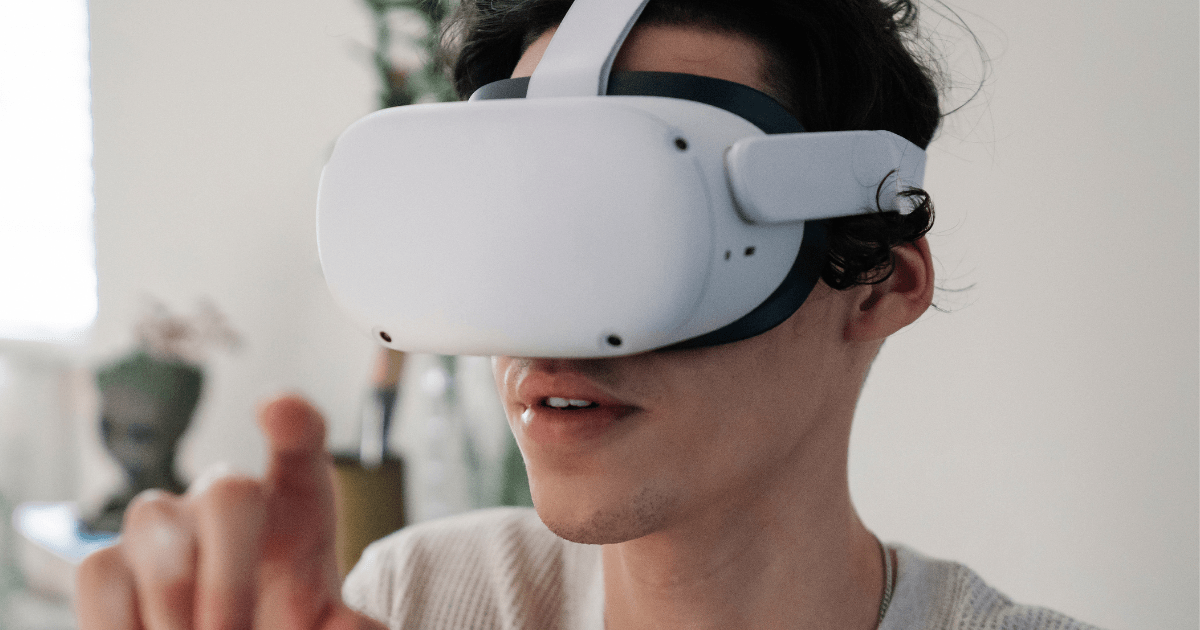
Project that combines technology and social innovation through immersive experiences with the aim of improving the lives of people and communities
Under the motto “If you don’t live it, you don’t feel it”, V-TOOLS uses virtual reality as a pedagogical tool to address social issues. The initiative mainly focuses on the prevention of cyberbullying and gender-based violence, with special attention to the dynamics generated among children, adolescents, and young people.
The organization conducts sessions in educational centers, targeting individuals aged 10 to 18 years old, where users put themselves in the shoes of people experiencing situations of violence, control, and discrimination. In the field of gender-based violence, for example, there are audiovisual capsules on topics such as jealousy, friendship, social networks, and sexual relationships. Regarding cyberbullying, the program addresses prejudice, diversity, and physical stereotypes, among other aspects.
V-TOOLS follows the quadruple helix model, a methodology based on close collaboration with key community actors: citizens, businesses, public administration, and knowledge centers, to generate synergies that favor economic and social development, promote social inclusion, and foster sustainability.
Characteristics of innovation
Localization
Catalonia
Partners / Funders
Secretariat of State for Digitalization and Artificial Intelligence of the Ministry of Economic Affairs and Digital Transformation (Red.es), Kit Digital, Recovery, Transformation, and Resilience Plan (Government of Spain), and Next Generation Funds (European Union)
Genesis
The V-TOOLS project began in 2017, with the aim of transforming digital education and social innovation. The pandemic temporarily interrupted the entity’s activity, but in 2023 it reinvented itself with a fresher approach adapted to new realities.
Level of implementation
In 2024, V-TOOLS was selected as a candidate initiative for the Meta_Talks Awards, the first awards recognizing the best Spanish-speaking projects developed with metaverse technologies.
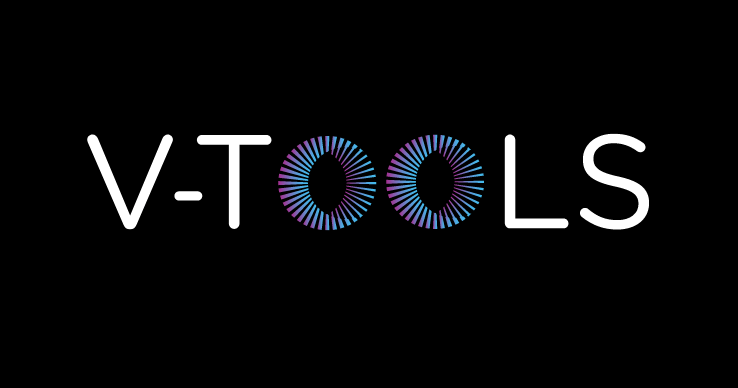
Banc d’innovacions

